Discreet supporters, secondary characters, or elevated to the status of symbolic figures, mothers are not lacking in video games. However, the strong pop cultural influence of the 80s and 90s did not always pay them homage, often confining the characters to the same reductive role. Fortunately, some maternal figures have been able to break through the constraints of the genre, freeing themselves from their role as pie makers to become characters in their own right.
A loving mother knows how to make pies
The advent of console RPGs from the 1980s onwards has all too often used the maternal figure to play the simple role of tutorial explanatory. The mother was then only good at waking our hero in his bed, and launching him into his crazy adventure across the world. Protective and reassuring then, but still not to the point of preventing her 10-year-old from living his dream of battling Pokémon across the region. Limited to her primary function, the hero's mother often didn't even need a name. In Chrono Trigger (1995), the game's level designers went so far as to deprive her of a bedroom in the family home, probably believing that her role would be limited to the kitchen area, as was the case in the Cooking Mama saga, where the main character would confine herself to the kitchen between 2006 and 2008, before diversifying by launching into gardening (Gardening Mama in 2009), DIY (Crafting Mama in 2010) or even babysitting and camping between 2010 and 2011.
From Mother to Golden Sun and even Pokémon, the idea of a kind stay-at-home mother entirely devoted to her family greatly influenced pop culture—and therefore the video games of the time. The animal kingdom and the far reaches of the galaxy are no exception, as in Super Mario Galaxy (2007), where Harmony takes on the role of adoptive mother for the orphaned Lumas, going so far as to build them a real home in the stars. In the Shelter saga (2013), players embody a mother badger or lynx, whose mission will be to protect her litter at all costs... before the latter is old enough to abandon you in a final and dramatic epilogue. Some titles fortunately manage to stand out (a little) from the crowd, like Grandia, which offered Justin's mother a past as a former pirate turned chef.
A dead mother is a good excuse to wage war
If video game mothers stay at home, it's because they have an unfortunate tendency to die tragically when they venture a little too far. In a happy coincidence in the story, these losses often trigger a change in our heroes and heroines, who then embark on a divine mission to find or avenge their beloved mother. This is particularly the case of Hinawa, Lucas and Claus's mother in Mother 3 (2006), who dies after interposing herself between her sons and a Drago, thus triggering the latter's vendetta.
Because if a dead mother is a good excuse to go on an adventure, the chivalrous impulse of our heroes is increased tenfold when the latter sacrifices herself to save them (a fine example of mental load). We find once again this notion of maternal instinct pushed to the extreme in Ni no Kuni (2011), when Olivier's mother dies after saving him from drowning. Traumatized by this sacrifice, the hero will do everything in his power to find her in an alternative world to his own. The same narrative pattern is used in A Plague Tale: Innocence (2019), where Beatrice de Rune spends her life coddling her puny son before being captured and tortured by the Inquisition. A trigger that will push young Hugo, helped by his sister Amicia, to leave his closed world and go in search of his mother.
The exception that proves the rule: the ma-mentors
The archetype of the mother is fortunately not limited to making pies, and finds interesting variations in more recent and less formatted works. In Overwatch (2016), Ana Amari's character is presented as a fighter before being a mother. While the sniper is devoted to her daughter Pharah, she has the good taste to equip herself with a complete lore that makes her a complex and accomplished character. In addition, she is a true role model for her daughter, who decides to follow in her footsteps by joining the Overwatch organization.
In God of War (2018), the strong maternal figure is also highlighted through the character of Freya. Queen of the Valkyries, wife of Odin and Witch of the Woods, the Norse goddess is also the mother of Baldur, the main antagonist of the saga. A slightly overprotective mother, since the latter did not hesitate to cast a spell on her offspring so that nothing on Earth could touch or harm them. Unable to feel the slightest sensation, Baldur experiences this invulnerability as a curse. For her part, Freya sides with Kratos and Atreus in their fight against her son, before meeting a tragic end.
In addition to being models of courage and strength, mothers can also act as mentors. This is particularly the case for Yennefer, who decides to adopt Ciri in the saga The Witcher (2007), or even The Boss, in Metal Gear Solid 3 (2004). Although having no blood relation to Naked Snake, the mother of the special forces takes the young recruit under her wing and will teach him the art of war for nearly ten years.
To grow up, you have to kill your mother
Beyond the sacrifice of the maternal figure ready to give her life for her offspring, many games also exploit a highly Freudian complex: that of the need to kill one's mother (or father) to evolve and become an adult. In Metal Gear Solid 3, Naked Snake ends up killing The Boss to take on the role of Big Boss. The creators of the brilliant South Park: The Fractured But Whole didn't hesitate to push the concept to the limit, forcing players to choose who to kill between their two parents.
While some games exploit the rejection and death of the mentor mother, others are much more Manichean, and impose on the hero shaky, if not completely psychotic, maternal figures. This is the case of Dahlia Gillespie in Silent Hill, who tries to sacrifice her daughter to make her the vessel of a Satanist sect. This is also the case of the mother character in The Binding of Isaac, who after hearing God, decides to sacrifice her son to reproduce the biblical episode of Abraham. We will never really know what she looks like, moreover, this horrible mother. Depicted at the beginning of the game in a caricatured manner in Isaac's drawings, only her knobbly legs, her omniscient eye and her heart will be shown to the players.
Mother's Day obliges, it is good form to end this non-exhaustive list by paying tribute to heroic mothers. Even though developers are still struggling to free them from their eternal protective (and often stifling) role, maternal figures have gained depth and complexity in the collective imagination. In addition to their often thankless role, they now aspire to be inspiring role models for the younger generation, by offering themselves a life outside of motherhood. It was about time.

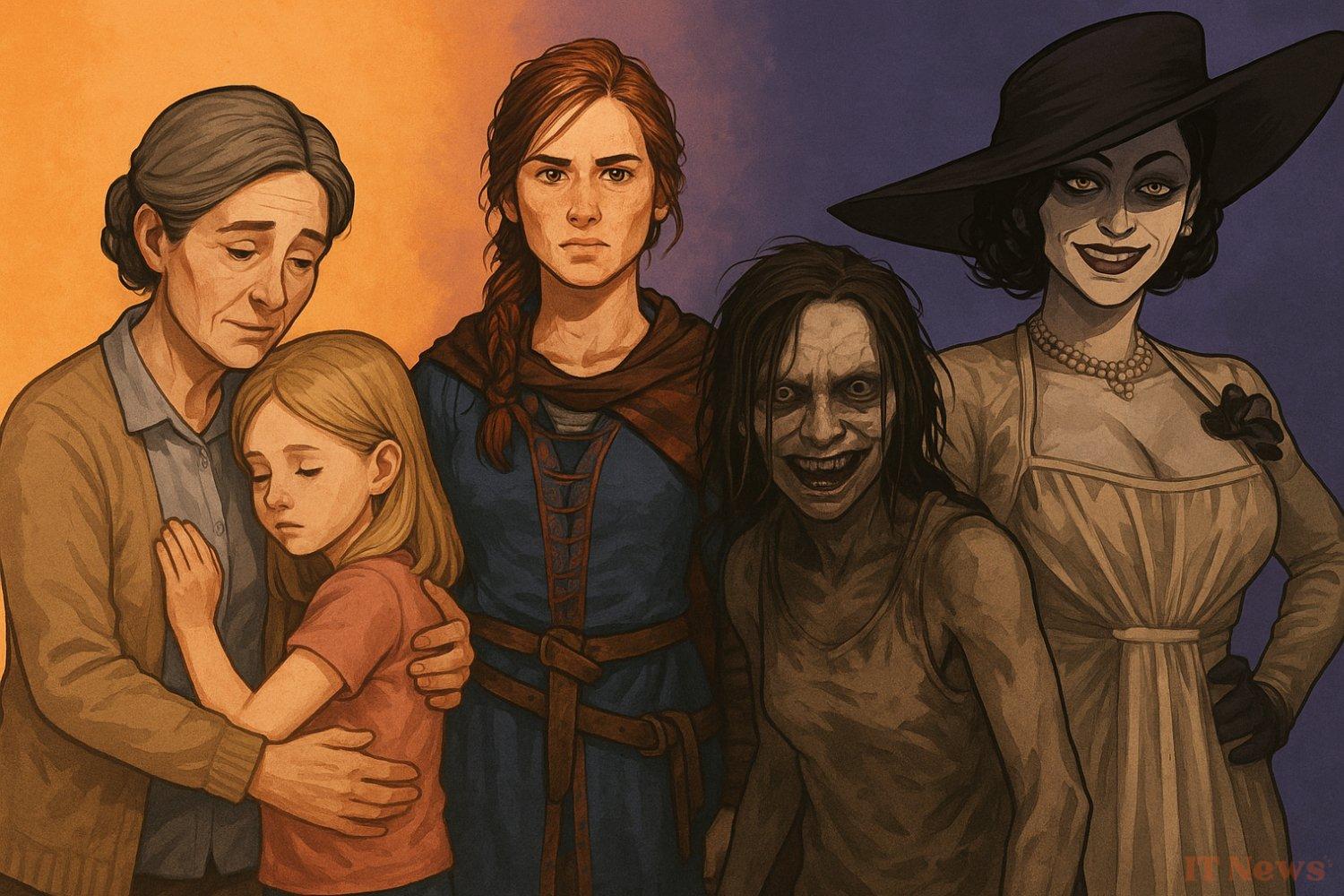
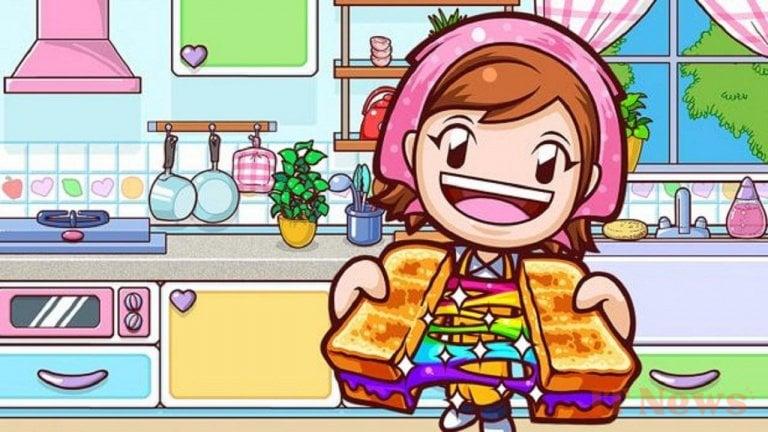
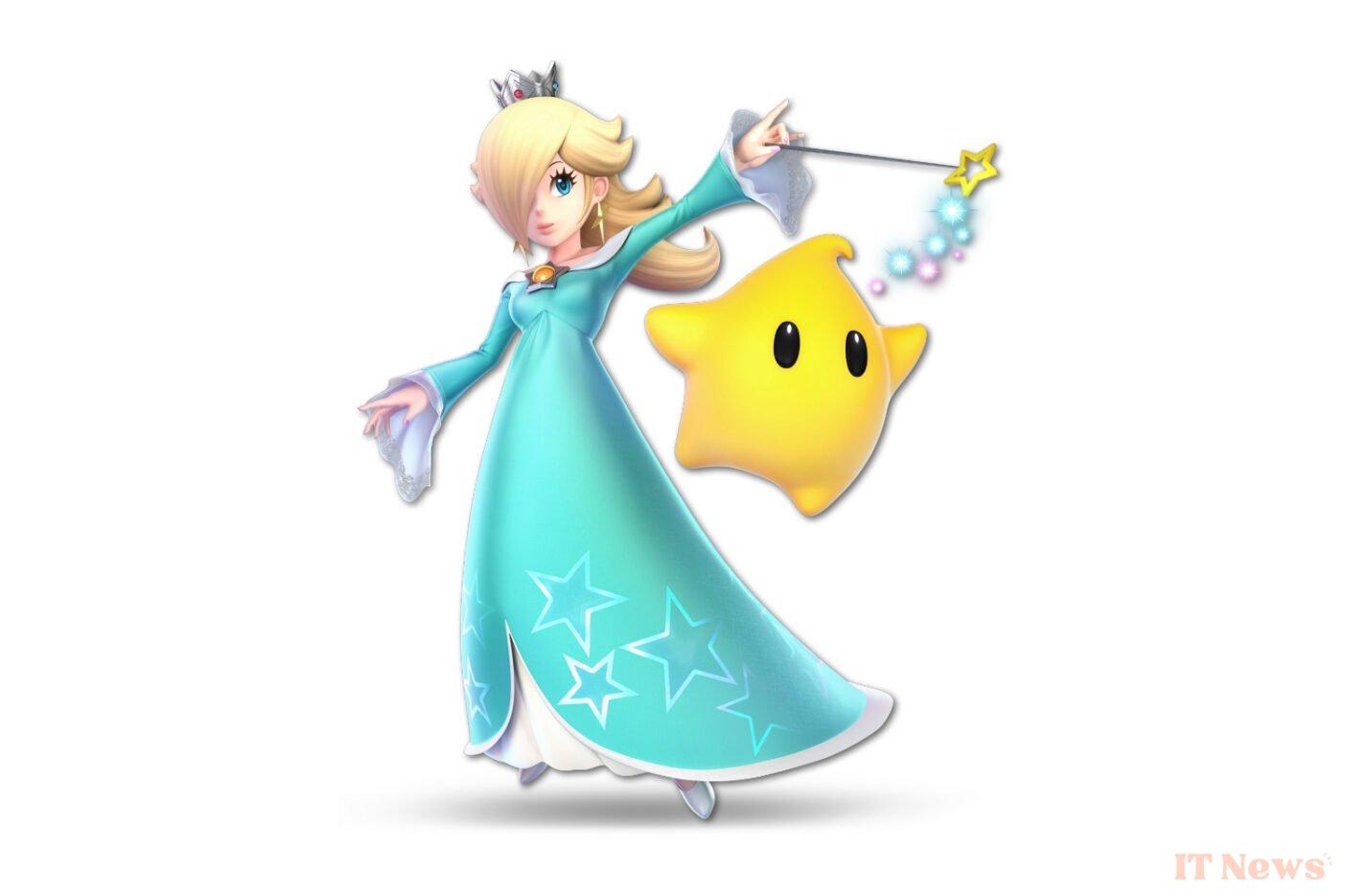
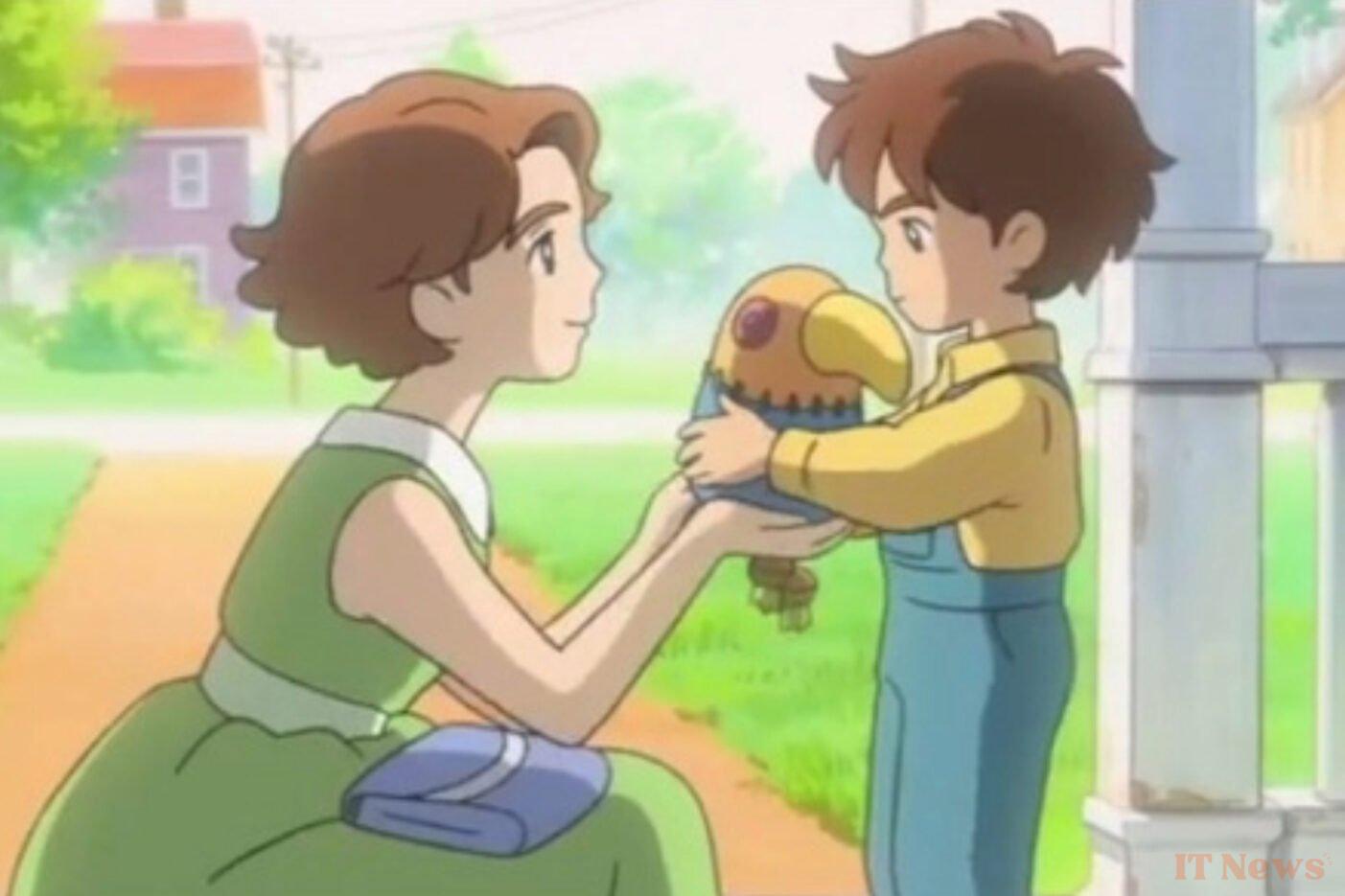
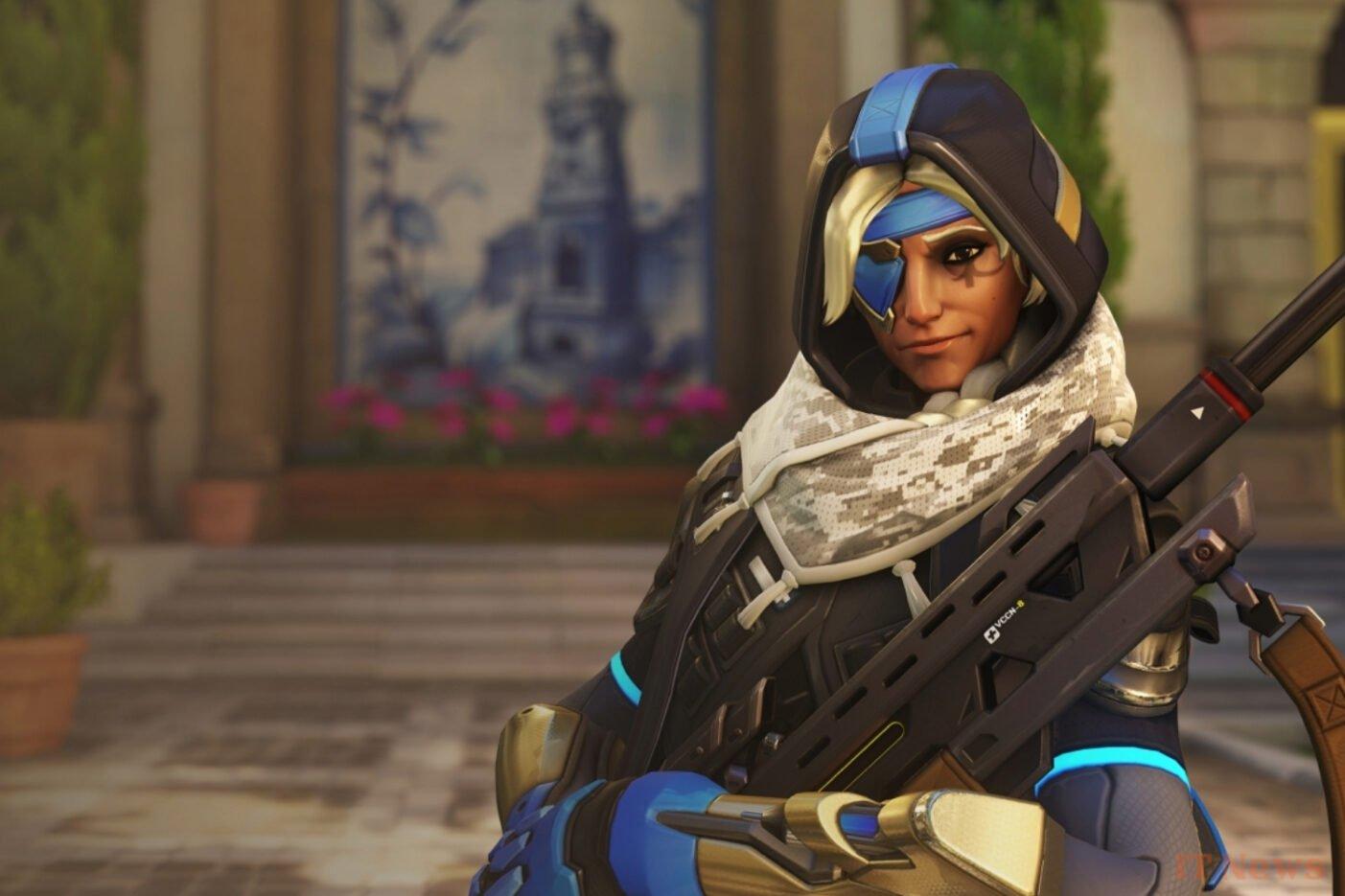
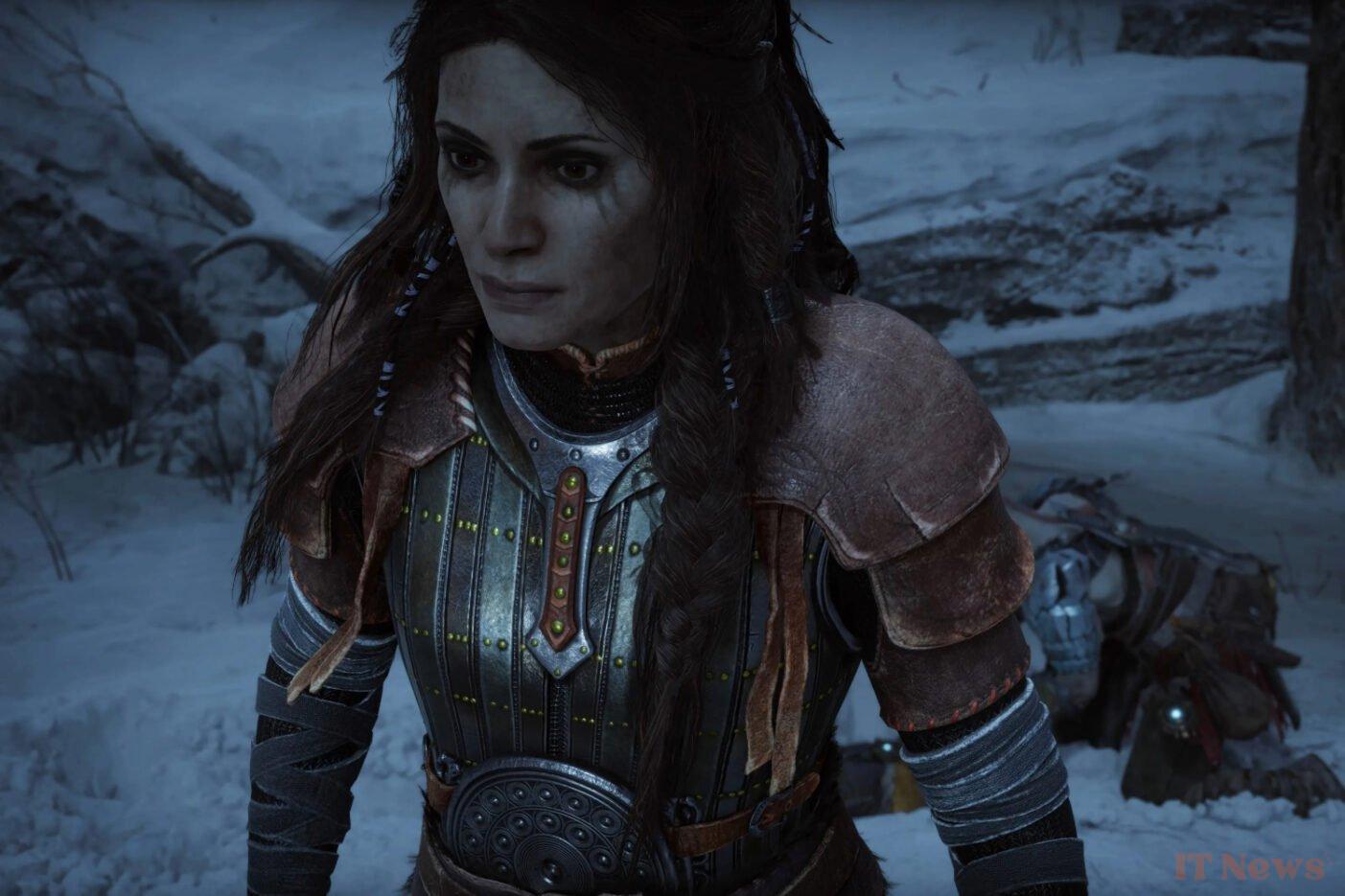
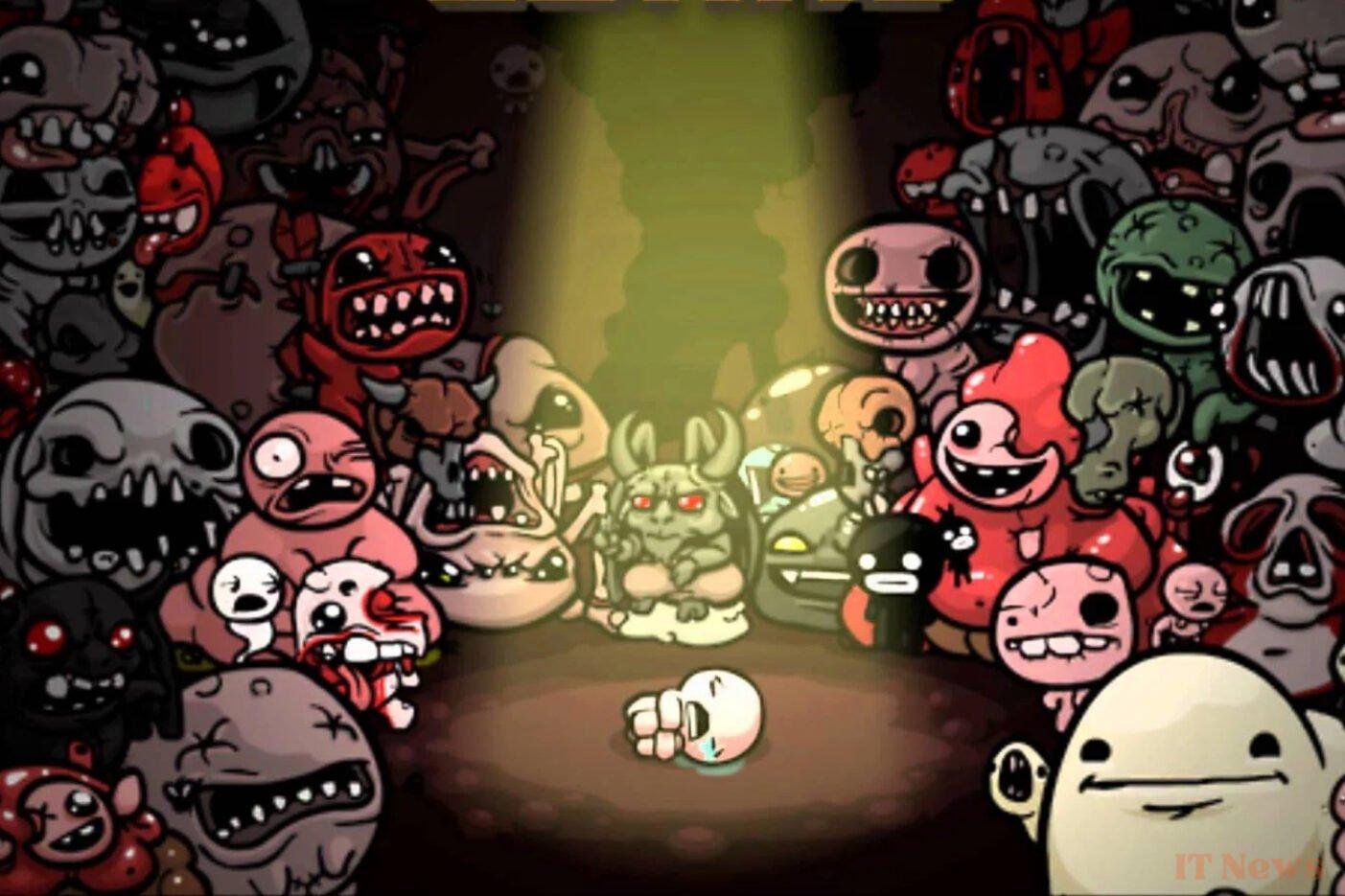

0 Comments